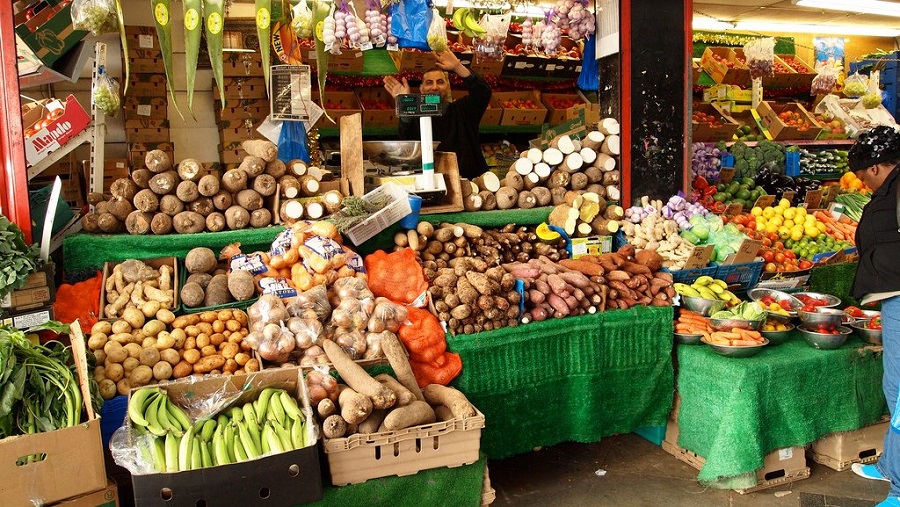The unrelenting rise in prices of food staples keeps pushing many households below the poverty line. According to the selected food price watch data for January 2022 released by the National Bureau of Statistics (NBS), major consumer staples showed significant increases year on year and monthly. Y/y, all 43 food items that make up the food watch basket increased sizably.
On m/m basis, save for Gari yellow and Titus frozen, all food items rose considerably. This was reflected in the m/m increase in food inflation, which rose by 1.62% m/m. On a y/y basis, across the widely consumed food staples, beans in the two variants surged higher; brown, sold loose (up 48.0% y/y) and white, black eye, sold loose (up 51.9% y/y). Also, Gari in its two variants, white sold loose (up 26.2% y/y) and yellow sold loose (up 26.7% y/y).
Rice in all its variants when compared to other food items has increased moderately, from agric sold loose (+7.1% y/y) to local sold loose (+7.2% y/y), medium-grained (+8.0% y/y), and imported high quality sold (+5.0% y/y). It is also safe to assume that related transport and other incidental costs may have also caused the modest increase. To a great extent, the government has been relatively successful in stimulating local rice production using incentives such as subsidized loans, cheap fertilizers, free farmland, and tax rebates.
Beyond the monetary interventions, we believe the possibility of developing rice plantations in most parts of the country in commercial quantity makes it less susceptible to shocks caused by insecurity when compared to some food items that can only be grown in certain regions in the country. That said, we believe the government needs to pay more attention to the rice value chain as many consumers still complain about the poor processing of local rice, which still makes consumers resort to imported rice.
Since the reopening of the land borders in December 2020, there has been no respite as food prices have continued to rise. This points to the fact that several factors remain unaddressed, spooking the gains associated with the land border reopening. Chief amongst them is the heightened level of insecurity in the food processing regions, which not only hinders farmers from going to their farms but also causes an increase in the cost of production. Farmers complain that at every level of production, bandits are bribed to have hitch-free farming and harvesting. Beyond bribing bandits during production, bandits are bribed while transporting the produce.
Though food prices have been on the rise globally, the factors behind the country’s increasing food prices are peculiar. Again, while monetary interventions are currently more centred on the agriculture sector, these have yielded limited results over time. The structural issues affecting the entire food value chain, especially insecurity in food-producing regions, cannot be ignored.
CSL Stockbrokers Limited, Lagos (CSLS) is a wholly owned subsidiary of FCMB Group Plc and is regulated by the Securities and Exchange Commission, Nigeria. CSLS is a member of the Nigerian Stock Exchange.
























